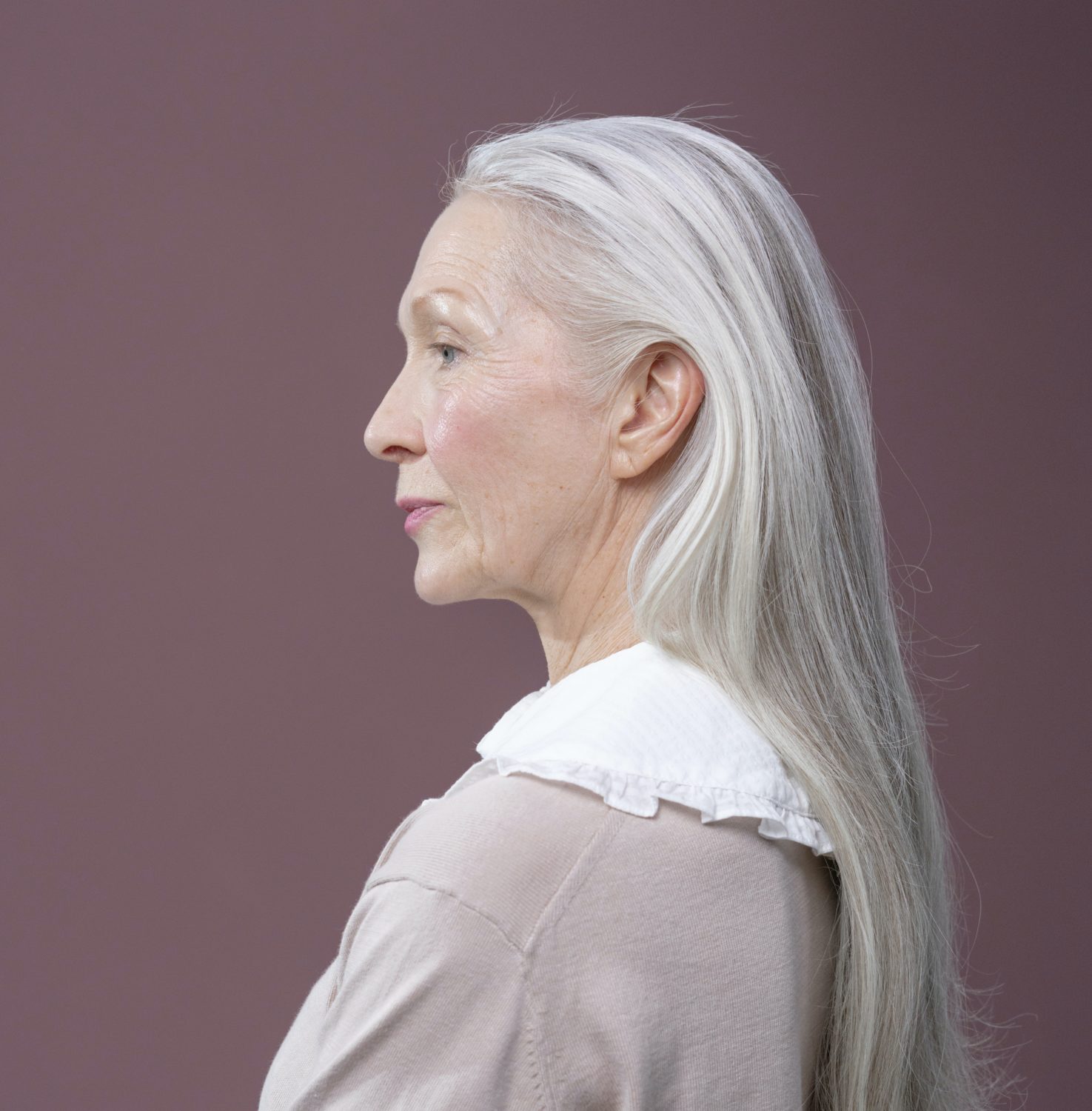
As you age, it is not only your body that changes – your hair does as well. Greying is perhaps the best-known feature of ageing hair, but it is not the only one. Other concerns that may pop up include thinning, dryness, and a change in the texture of your hair.
After decades of learning how to deal with your hair, this change can be both disconcerting and discombobulating. After all, changing hair means your hair care routine will also need to change. So, how do you properly treat and take care of aging hair?
If this is a question you’ve had, you’re in the right place. Here is how you can take care of your ageing hair in four easy steps.
1. Take Hair Supplements
Taking supplements may seem like an extreme action, but it’s actually become a mainstream way of treating your hair. There are different options available depending on your needs, but some good supplements for your hair include Vitamin A, Vitamin E, and iron. If you’re unsure as to which would be best for your needs, consider speaking to your hairstylist for advice.
2. Look Into Hair Dye
If you’re someone who isn’t keen on greying hair, don’t be afraid to look into hair dye options. There are several brands available on the market, and you may have to look around to find a dye that is perfect for complete gray coverage, but this range means you’re almost guaranteed to find one that works for you. You can also consider getting your hair dyed professionally.
However, it’s essential to keep in mind that getting your hair colored professionally can get expensive over time. You will have to touch up your dye frequently, depending on how grey your hair is, and getting it done professionally every 4-8 weeks can be very heavy on your pocket. This is why people prefer DIY, at-home dye options where possible. That said, if you’ve never dyed your hair before, you can always get professional help for the first time you attempt to do so.
3. Don’t Cut Your Bangs
If you’re facing a thinning hairline, it can be tempting to cut your bangs in the hopes that it will make your hair look better. Unfortunately, it probably won’t and will only make your thinning hair more visible.
Think of it this way – thinning hair means you are losing hair volume. You can do without your bangs until you have the volume to spare. When you don’t have the same thickness to your hair, cutting off your bangs will only expose that loss.
4. Take Fewer Hair Baths
Most people don’t have extremely oily hair – and unless you’re one of the ones who do, you’re probably shampooing and washing your hair too much. You probably won’t need to shampoo more than a couple of times a week, and you should clean your scalp about that often.
It’s important to keep in mind that some shampoos can also contribute to hair loss. This is due to the ingredients they contain, such as specific sulfates, which damage your hair and cause scalp irritation. This is why when you shampoo your hair, it’s essential to choose gentle, sulfate-free options. Additionally, make sure the shampoo you choose is right for your hair type, whether it be oily, normal, or dry.
Additional Tip: Make Sure to Eat Right
Aging hair is a natural part of growing older, and there’s not really much you can do to prevent it as a whole. However, there are ways to mitigate the effects, and one of the best ways to do so is to eat the right food.
Older people are typically nutritionally deficient due to decreasing appetites and taste sensitivity. This deficiency also affects the quality of your hair. If you’re looking to ensure your hair looks the best possible, make sure to eat enough proteins and iron-rich foods. Additionally, foods that are rich in omega-3 fatty acids, like fish, and those full of vitamin C and antioxidants, like strawberries and raspberries, are all great for your hair.
As an added benefit, eating right will likely reduce the hair supplements you’ll need to take. On the other hand, if you find it challenging to get these nutrients in the right amounts, adding a multivitamin to your supplement regimen can be a solution.
As we’ve seen, ageing hair is completely natural, and you’re unlikely to have the same type of hair in your older years that you did in your teens. However, this doesn’t mean you can’t look your best all the same – with just a few simple adjustments to your daily routine, you’ll find yourself looking your best once again!







